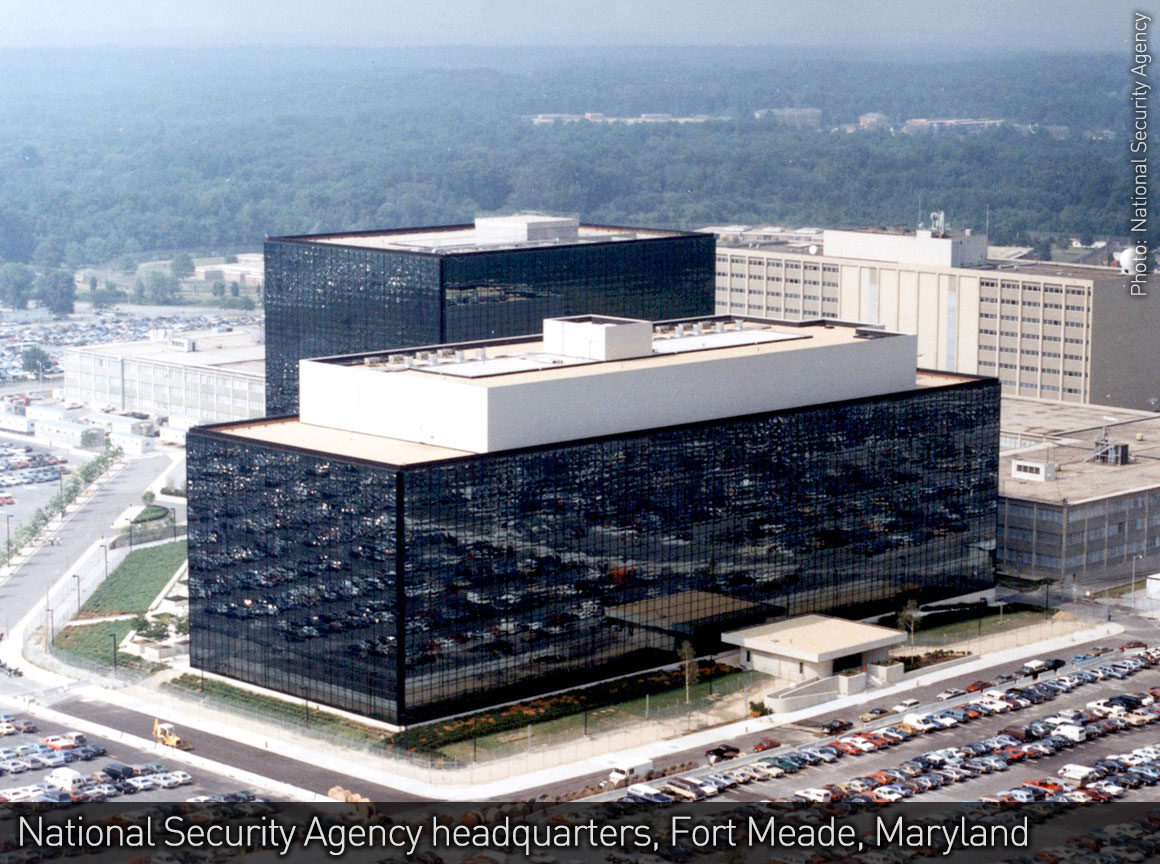Court Reinstates ACLU Lawsuit Challenging Unconstitutional Spying Law
Federal Appeals Court Rules Plaintiffs Have Standing To Challenge FISA Amendments Act
FOR IMMEDIATE RELEASE
CONTACT: (212) 549-2666; media@aclu.org
NEW YORK – In a huge victory for privacy and the rule of law, a federal appeals court today reinstated a landmark lawsuit challenging an unconstitutional government spying law. The American Civil Liberties Union and the New York Civil Liberties Union filed the lawsuit in July 2008 to stop the government from conducting surveillance under the FISA Amendments Act (FAA), a statute that gives the executive branch virtually unchecked power to collect Americans' international e-mails and telephone calls. The appeals court today ruled that the plaintiffs in the case could challenge the FAA without first showing with certainty that they had been spied on under the statute.
“The government’s surveillance practices should not be immune from judicial review, and this decision ensures that they won’t be,” said Jameel Jaffer, Deputy Legal Director of the ACLU, who argued the case before the appeals court. “The law we’ve challenged permits the government to conduct dragnet surveillance of Americans’ international communications, and it has none of the safeguards that the Constitution requires. Now that the appeals court has recognized that our clients have the right to challenge the law, we look forward to pressing that challenge in the trial court.”
The ACLU filed the lawsuit on behalf of a broad coalition of attorneys and human rights, labor, legal and media organizations whose work requires them to engage in sensitive and sometimes privileged telephone and e-mail communications with colleagues, clients, journalistic sources, witnesses, experts, foreign government officials and victims of human rights abuses located outside the United States.
Creating a Catch-22 situation, U.S. District Court Judge John G. Koeltl of the Southern District of New York dismissed the case in August 2009, ruling that the plaintiffs did not have the right to challenge the new surveillance law because they could not prove that their own communications had been monitored under it – even though the plaintiffs were unable to do so because of the secrecy of the program.
Today’s ruling found that the plaintiffs have standing to challenge the law even though they cannot show to a certainty that the government is acquiring their communications, finding that “the FAA has put the plaintiffs in a lose-lose situation: either they can continue to communicate sensitive information electronically and bear a substantial risk of being monitored under a statute they allege to be unconstitutional, or they can incur financial and professional costs to avoid being monitored. Either way, the FAA directly affects them.”
“Americans shouldn’t have to accept as a fact of life that the government may be monitoring their international e-mails and phone calls and they can do nothing about it,” said Christopher Dunn, Associate Legal Director of the NYCLU and co-counsel on the case. “This landmark ruling allows people to defend their right to privacy from unwarranted and illegal government surveillance.”
The plaintiffs in the lawsuit, Amnesty v. McConnell, are Amnesty International USA, Global Fund for Women, Global Rights, Human Rights Watch, International Criminal Defence Attorneys Association, The Nation magazine, PEN American Center, Service Employees International Union, Washington Office on Latin America, Daniel N. Arshack, David Nevin, Scott McKay and Sylvia Royce.
Attorneys on the lawsuit are Jaffer and Laurence M. Schwartztol of the ACLU; Dunn, Melissa Goodman and Arthur Eisenberg of the New York Civil Liberties Union; and Charles S. Sims, Theodore K. Cheng and Matthew S. Morris of the law firm Proskauer Rose LLP.
More information about the case, including today’s ruling, is available online at: www.aclu.org/national-security/amnesty-et-al-v-blair


